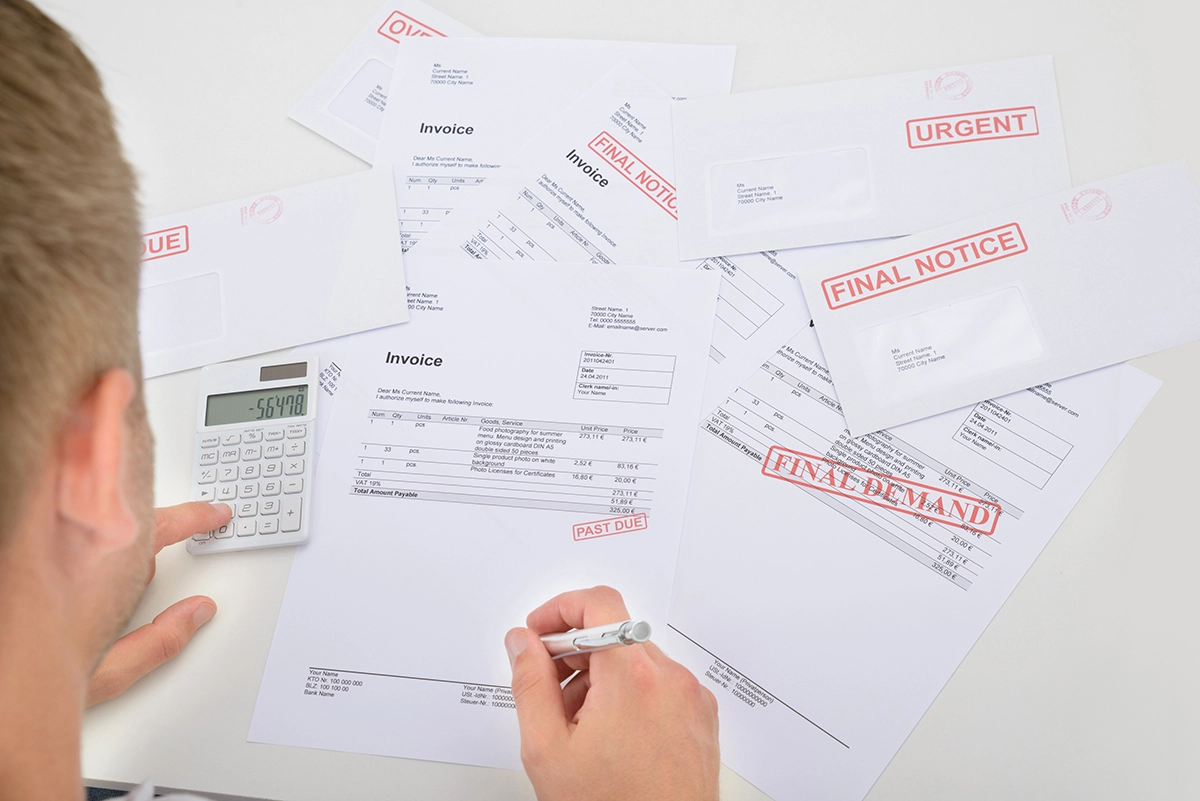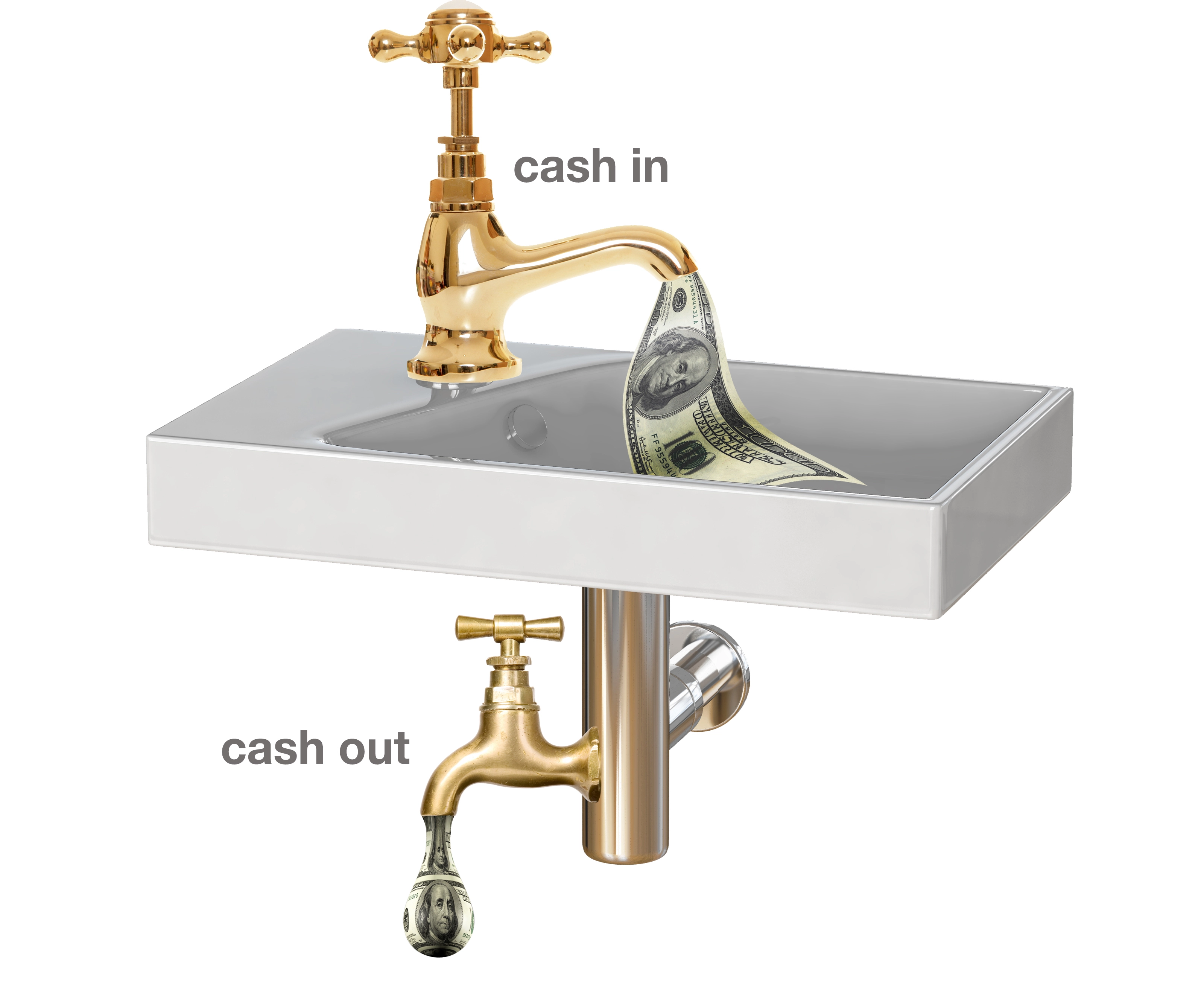Summer is the time to plan for winter. But, if it’s hot, then you will probably be busy.
Here are seven ways to ensure that you are profitably busy.
1. Enroll new maintenance plan customers.
Don’t shy away from them because you’re busy. Emphasize this with your technicians who are usually reticent to enroll in the summer because they think they’re too busy to perform maintenance and they don’t want to do it.
Remind the customers that their first maintenance will be a heating maintenance. If their system needs to be cleaned, then charge regular rates, less the discount, to get it done.
Like commercial companies enrolling commercial maintenance plans, there is usually a quote to bring the equipment up to maintainable standards and the maintenance quote.
Remember, the more maintenance plans you have, the busier you will be in the slower seasons.
2. Advertise.
Yes, this is counter-intuitive. If you’re doing your maintenances properly, your maintenance clients won’t call you because their systems are working, even on the hottest days of the year.
This is the time to get new customers. Use SEO and pay per clicks. Send out a postcard or letter. This is the time people are searching. This is the time they’re paying attention.
3. Make sure you have profitable pricing.
Don’t be like the contractor who told me after enrolling in my pricing class, “You hit me between the eyes. I realized that all my busy, hard work this summer was wasted. All the cash I generated went to pay bills. I was busy but not profitably busy.”
Summer time is the time to raise your flat rate pricing. Increasing it $25 per hour means that a repair that takes 30 minutes costs $12.50 more. Customers won’t notice it. Your bottom line will.
Part of profitable pricing is to make sure you’re earning the net profit per hour you desire.
Many contractors have a lower desired net profit per hour during the slower seasons and a higher desired net profit per hour in the busy seasons.
If you increase it $25 per hour, that’s $200 for an 8-hour day. Most customers won’t notice. This is the time of year that customers may make a buying decision on when their new system can be installed rather than on price.
4. Watch your inventory.
Being busy could lull you into a false sense of security — you have the cash to pay for the inventory.
You also might be stuck with a lot of unused inventory at the end of a busy summer — and you still have to pay for it.
Make sure the procedures in place in slower times of the year are in place in busy times of the year.
Use purchase orders. Make sure you match packing slips to the purchase orders. Check the deliveries and ensure you received the right equipment/materials.
Your suppliers and distributors are busy too — they can make more mistakes when they get busy.
Running to the supply house to exchange the wrong piece of equipment, for a filter, or a small part kills you at this time of the year. You really can’t afford it at any time.
In the summer, however, it is doubly painful because you know that you are being taken away from your revenue producing work.
5. Track your billable hour percentages.
This is the number of billable hours divided by total payroll hours. There should be very little unbillable time. Technicians should be routed from their homes and have little time between service calls. Installation crews should be in the shop for 15 minutes or less. Their equipment and materials should be pulled for them and loaded on their trucks. All they need to do is get quick instructions about the job and drive to the job.
6. Make sure you bill and account for all the revenue.
This is the time when people get sloppy and don’t follow procedures. I walked into a contractor’s office at the end of a very busy summer. On his desk was the financing paperwork for several jobs that had been installed 45 to 60 days prior. His excuse: “I didn’t have time to go back to get it signed.” He was so busy that he didn’t notice the missing cash flow.
7. Save all of your maintenance agreement enrollment dollars.
This is the time of year you should NOT need the maintenance cash to fund operations. Start the habit of putting it in a separate savings account.
You will probably be surprised at the end of the summer with the amount in that savings account. Keep it there. You might need it to fund operations in the slower months.
These procedures will help you have a profitably busy summer so that you have cash to survive the slower times of the year. .





